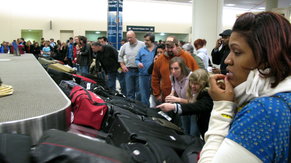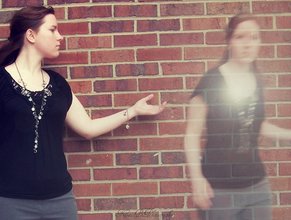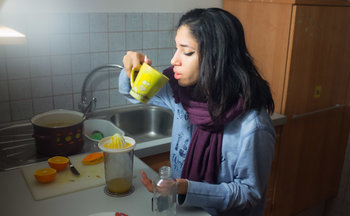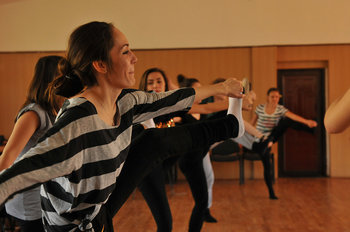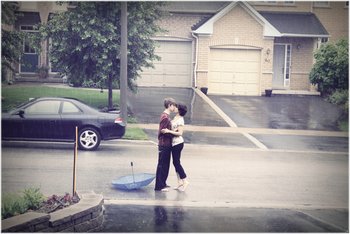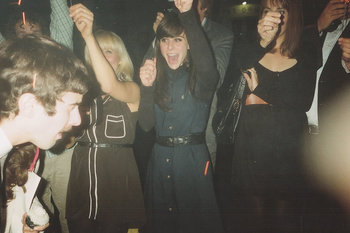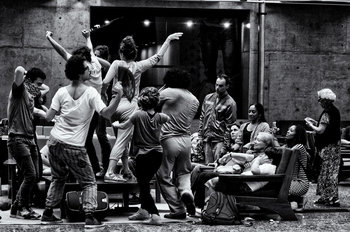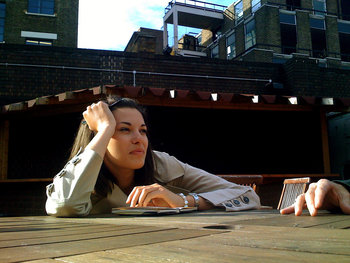|
| |
A routine is a habitual sequence of actions. These are processes that individuals use to accomplish predicable aspects of life with some degree of efficiency. As routines are repeated, often daily, they can become a type of static and unimaginative behavior that cause your days to pass quickly and unimpressively. However, routines can also be pleasant, stabilizing, productive , enjoyable and inspiring such that they contribute to your quality of life. The following are common elements of a routine.Beauty & Grooming | Breaks | Capturing Data | Caring for Pets | Checklists / To-do Lists | Cleaning | Communication | Commute | Cooking | Creative Tasks | Eating / Diet | Entertainment | Exercise | Experiments | Family Support | Family Time | Fashion | Gratitude | Greetings | Health & Wellness | Hobbies | Housework | Information Consumption | Issue Clearing | Learning | Leisure | Managing Risk | Media Consumption | Meetings | Mise en Place | Nature | Organization | Packing | Parenting | Personal Hygiene | Personal Reflection | Play | Practicing a Skill | Preparation | Prioritization Methods | Problem Solving | Productivity Time | Reading | Record Keeping | Recreation | Refine a Talent | Relaxation | Religion & Spirituality | Research | Safety Procedures | Scheduling | Screen Time | Shopping | Single Tasking | Sleep | Small Talk | Social Activities | Social Meals | Stepping Out of Comfort Zone | Studying | Tea / Coffee / Hydration | Time Boxing | Travel | Work Processes | |
Concrete ExampleA student who has a weeknight routine of totally disconnecting when they study or work on assignments. They time box study sessions as 50 minutes with 10 minute breaks. The student can do this for many hours in a row such that they can do 1-7 hours of real work in an evening without sacrificing sleep. They adapt the routine to their current workload and often have time for leisure on weeknights.CounterexampleA student who is random about studying such that they may focus for hours at a time or may be distracted by media, communication and video games. In some cases, they end up staying up very late and reducing the quality of their work to meet a deadline.Continuous ImprovementRoutines get repeated over and over again such that small improvements to a routine can have large benefits over time. It is possible to experiment with routines and keep what works for you. For example, some people may find that rising early has benefits for their energy and productivity while others may find that their productivity, enthusiasm and alertness are far higher after sleeping in late. Some individuals may have the flexibility to try different sleep schedules and maintain a journal of their impressions of each variation.Breaking a RoutineRoutines can include problematic behaviors or can simply become uninspiring and boring over time. As such, breaking a routine or radically changing it can sometimes spark inspiration or solve problems.Habits vs RoutinesHabits are repeated behaviors in response to situations. For example, the habit of being candid with others. Routines are habitual sequences of actions that are often associated with a time period such as a morning, day or weekend. Routines are habits but habits aren't necessarily routines.
Routine
This is the complete list of articles we have written about routine.
If you enjoyed this page, please consider bookmarking Simplicable.
© 2010-2023 Simplicable. All Rights Reserved. Reproduction of materials found on this site, in any form, without explicit permission is prohibited.
View credits & copyrights or citation information for this page.
|



